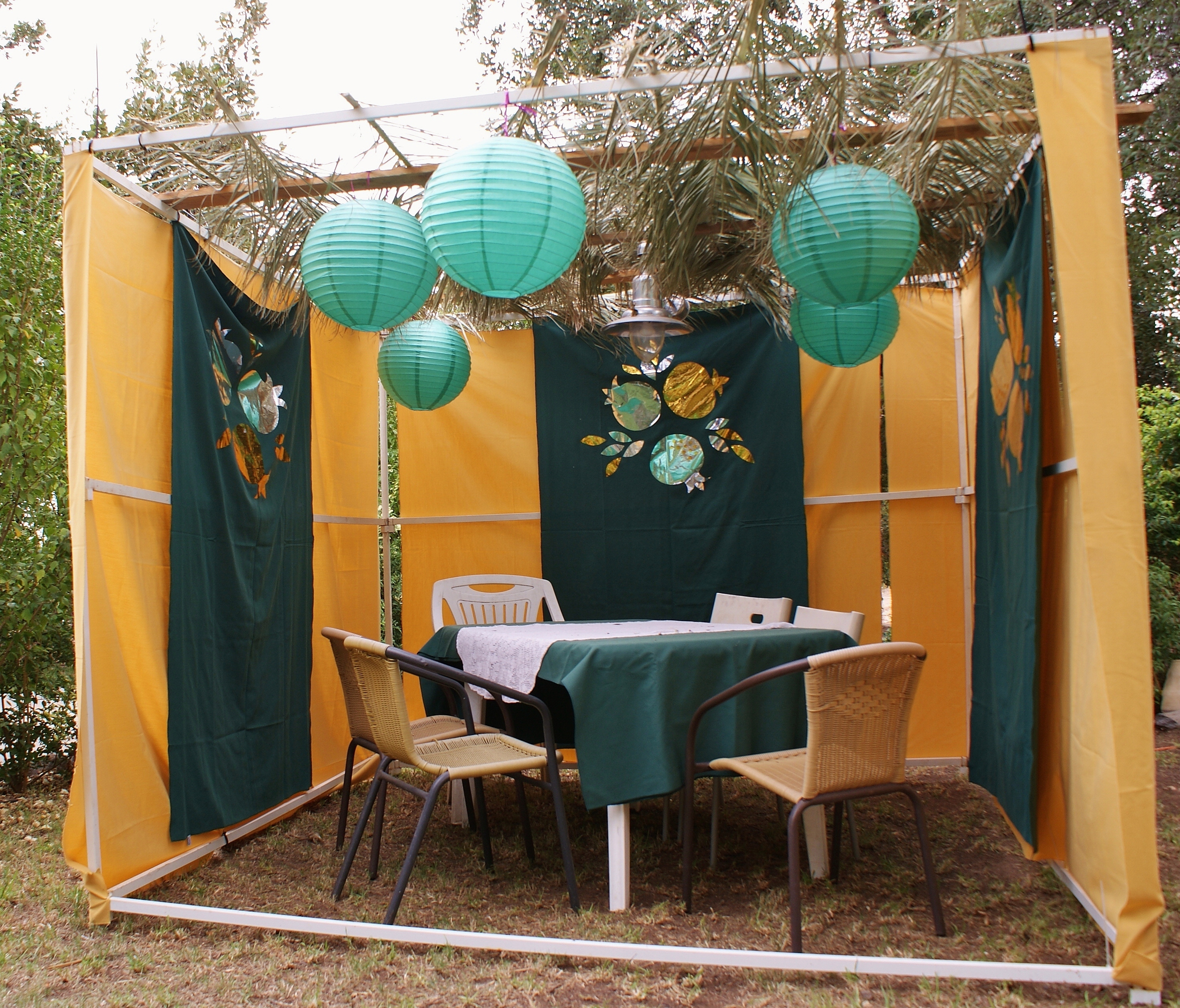1) Grant Rumley writes about “The Tragedy of Mahmoud Abbas” at the Atlantic.
“Picture a Palestinian leader in the twilight of his reign. Besieged on all sides and challenged by younger upstarts, he lashes out against Israel, his Arab brethren, and the United States. Other Palestinian officials jockey to replace him, convinced he’s past his prime. This is how it ended for Yasser Arafat, whose insistence on waging the second intifada left him isolated in the final years of his rule. It may well be how it ends for Mahmoud Abbas.”
2) At the JCPA Amb. Alan Baker discusses “Palestinian Manipulation of the International Criminal Court“.
“International law does not recognize General Assembly resolutions as a source of legal authority for granting statehood. Following on from this, the Palestinians cannot give jurisdiction to the ICC over territory over which they do not exercise sovereignty and jurisdiction, and which is subject to an ongoing dispute and negotiation as to its final status.
In this context, one may ask how the ICC, as a juridical institution established on the basis of legal principles and norms, could, in light of the requirements of its statute, rely on a political, non-binding resolution of the General Assembly as a source of authority for accepting a non-state entity claiming to be a state?”
3) At Mosaic magazine, Robert Satloff writes about a little-known chapter in World War Two history.
“In the early morning hours of November 8, 1942, as U.S. and British forces waited anxiously on troop ships spread across the North African coast, 377 young men, led by a twenty-year-old medical student named José Aboulker, had fanned out across Algeria’s capital city of Algiers to execute a daring mission that would help determine the fate of [Operation] Torch. […]
Astonishingly, through gumption, guile, and guts, these ragtag volunteers succeeded. By 2:00 a.m. on the morning of the invasion, Algeria’s capital was theirs. No less astonishingly, they then proceeded to hold it for an additional five critical hours, making it far easier for Allied troops to enter Algiers than had proved the case in the landing zones of Casablanca and Oran.
If mainstream histories of Torch mention this episode at all, they describe it briefly as but one in a line of heroic tales of French partisans. The official U.S. army account of American military engagement in North Africa, for example, records that “Algiers came under control of the irregulars of the French resistance at the time the landings began.”
But that account and virtually all others miss a critical aspect of the story: not only Aboulker himself but fully 315 of those 377 resistance fighters in Algiers were Jews, motivated to fight precisely because, as Jews, they had been denied their rights as Frenchmen by Vichy France. At its core, then, theirs was a Jewish resistance movement.”
4) At the Jerusalem Post Liat Collins looks at “UNRWA’s Unsettling Impact“.
“To understand the absurdity that is UNRWA (the United Nations Relief and Works Agency for Palestine Refugees in the Near East) exchange the name India for Israel and Pakistan for the Palestinians.[…]
An estimated 15 million people were uprooted in Hindu-majority India and Muslim-majority Pakistan. Between one million and two million were killed. It was a tragedy of epic proportions.
Seventy years on, India and Pakistan have an uneasy relationship that occasionally flares into conflict. There are still disputed areas, such as Kashmir, but there is not a “refugee problem.”
That’s because the Hindus and Sikhs who fled Pakistan for India and the Muslims who escaped in the other direction – whether from fear or violent coercion – have not spent the past seven decades constantly being sold the illusion that they will move back and destroy their enemies.”




